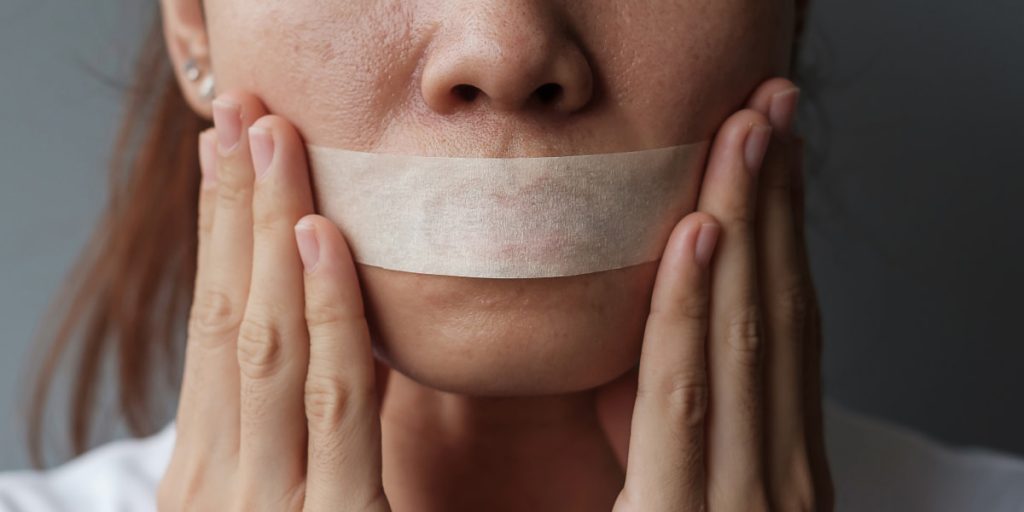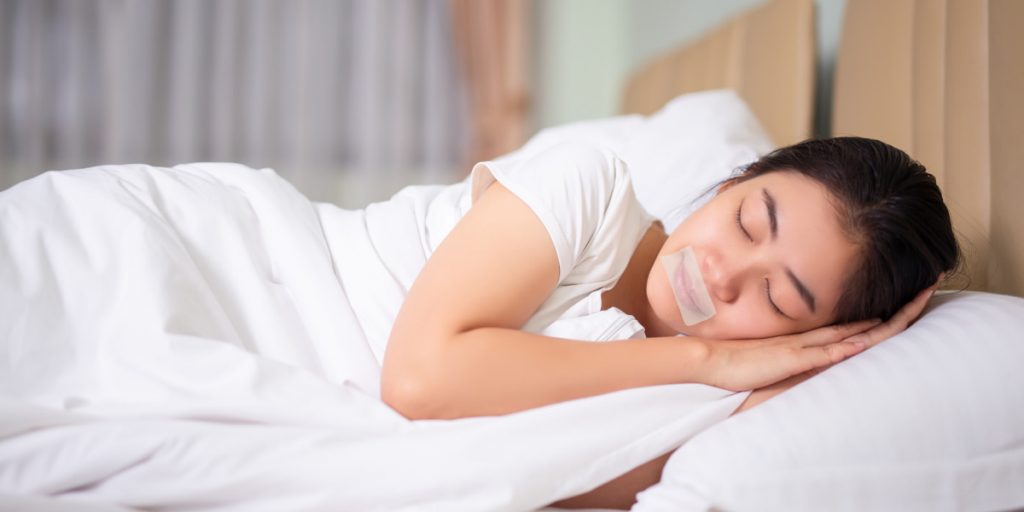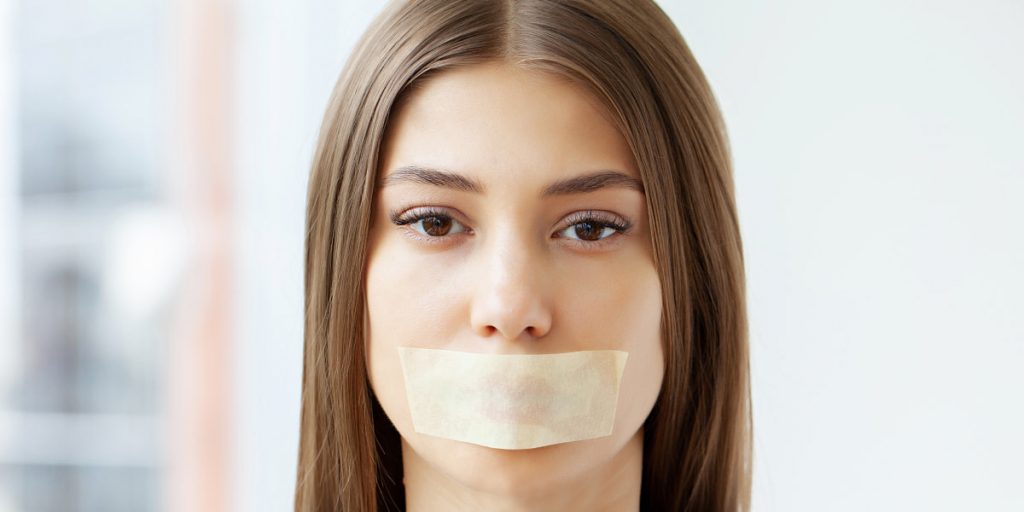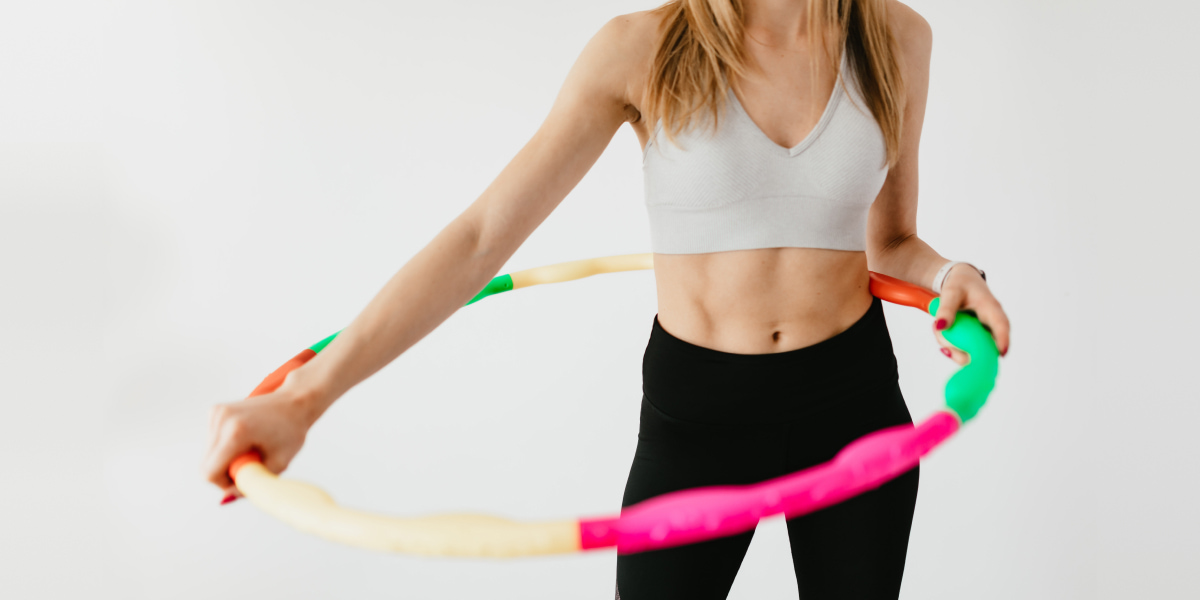Published on March 20th, 2023
Last updated on March 20th, 2023
Mouth Taping For Sleep: Is It Help?

The idea behind mouth taping is that it can help improve sleep quality. This method has its advantages. But it also has many controversial points to be aware of. We need more scientific evidence to support the effectiveness of this technique.
Now, we should list some advantages of this technique. They include:
- Improved breathing;
- Reducing snoring;
- Alleviate symptoms of sleep apnea;
- Improve facial muscle tone and jaw alignment.
Some people swear that by taping their mouths during sleep, they have more quality sleep. But its effectiveness is a question. We’ll try to look at this issue from a scientific point of view. Our goal is to look at the real benefits of this method and what to watch out for.
So, in this article, we’ll talk about mouth taping. Is taping your mouth shut to sleep effective and safe?
What Is Mouth Taping?
Taping your mouth at night can be a sleep-related practice. It involves using a piece of tape to close the mouth during sleep. Scientists suggest that breathing through the nose is better for overall health. In particular, it can make sleep more quality.

There is a list of possible benefits of this method. But, as we have said, there are also a number of caveats regarding the use of this method. This method can be especially harmful and even dangerous for certain groups of people. Such people should approach this method with caution or abandon it altogether. We will talk about this a little later.
Now, scientists have not done enough studies to prove the benefits of this method.
If you want to try this technique, do it only under the guidance of a doctor. Additionally, use the right medical tape. It should be easily removed in the morning. Don’t forget to test the tape for any allergic reactions before using it.
Advantages Of Mouse Taping For Sleep
As we have already said, this technique has a number of possible benefits for sleep. Let’s take a closer look at the advantages of this method.
- Improved breathing. When the mouth is open during sleep, it can cause dry mouth, snoring, and sleep apnea. This technique helps to keep the mouth closed. It can improve the flow of air through the nose and reduce dry mouth and snoring. Additionally, when you have open airways, the air pressure in the lungs increases, and this can lead to an increase in oxygenation which can improve the overall quality of sleep.
- Reducing snoring. Another benefit of taping your mouth during sleep is that it can reduce snoring. Snoring can happen because of the vibration of the soft palate and uvula. It can occur when the airway is partially blocked. Mouth taping can help to keep the airway open and reduce the vibration of the soft palate. It can lead to more restful sleep for both the person who snores and their partner.
- Alleviate symptoms of sleep apnea. This technique can also alleviate symptoms of sleep apnea. Sleep apnea is a sleep disorder characterized by repeated episodes of partial or complete blockage of the airway during sleep. It can lead to periods of low oxygen levels and frequent awakenings throughout the night. Mouth taping can help to keep the airway open and reduce the frequency of these episodes. As a result, it can improve sleep and a reduction in daytime fatigue.
- Improve facial muscle tone and jaw alignment. Additionally, this technique can also improve facial muscle tone and jaw alignment. When we sleep, we have relaxed muscles. They tend to collapse. It can lead to wrinkles and facial sagging over time. Mouth taping helps to keep the muscles in the face and jaw in a more neutral position. It can help to improve muscle tone and reduce wrinkles.
In conclusion, taping a shut mouth to sleep is a simple and cost-effective technique. It can have a number of benefits for sleep. However, there are not enough studies to support the benefits of this method. It may also be unsafe for some people. Therefore, be sure to visit your doctor before testing this method.
Is Mouth Taping Safe?

We have discussed some benefits of this technique. Now, we wanna help you to find out if mouth taping for sleep is safe.
- One of the main concerns about mouth taping is that it can cause airway obstruction. When you tape the mouth, it forces the person to breathe through their nose. It can be problematic for people with nasal congestion or other respiratory issues. In some cases, this can lead to difficulty breathing or even suffocation.
- Another concern is it can cause skin irritation or allergic reactions. The adhesive used in the tape can cause redness, itching, and other skin irritation, especially if left on for extended periods of time. Additionally, some people may be allergic to the adhesive used in the tape. It can lead to more severe reactions.
- It can be a dangerous technique for people with sleep apnea or other sleep disorders. These conditions require professional evaluation and treatment. Such a technique can only worsen the condition.
- Also, taping a mouth shut to sleep is not good for people with dental issues. Among such issues can be braces, dentures, or other dental appliances. The tape can cause damage to the braces or dentures, and it can also affect the alignment of the teeth.
Is Mouth Taping Effective?
As we have already said, one of the main claims about this technique is making your sleep more quality. However, there is limited scientific evidence to support the effectiveness of this technique. Some studies have found that it can really help health. Others have found no significant benefits. We need more research to determine its effectiveness. This method can be dangerous for some people. If you have some health problems, don’t use this technique.
Bottom Line
In conclusion, mouth taping is a controversial topic, and its effectiveness for sleep is not yet fully proven by scientific research. People with sleep apnea or other serious sleep disorders must not try this technique. Visit a doctor to check if it is appropriate for you.
FAQ
Who Should Not Use Mouth Taping For Sleep?
People with sleep apnea or other serious sleep disorders. must not try this technique. Their conditions require professional evaluation and treatment.
What Are The Risks Associated With Mouth Taping For Sleep?
Some of the risks associated with mouth taping for sleep include airway obstruction, skin irritation, and allergic reactions.
Can Mouth Taping For Sleep Be Used As A Substitute For Medical Treatment?
No, mouth taping for sleep should not be used as a substitute for medical treatment and should only be used under the guidance of a healthcare professional.
What Type Of Tape Should Be Used For Mouth Taping For Sleep?
It is important to use a medical-grade tape that is safe for use on the skin and that can be easily removed in the morning. It’s also important to test the tape for any allergic reactions before using it.






